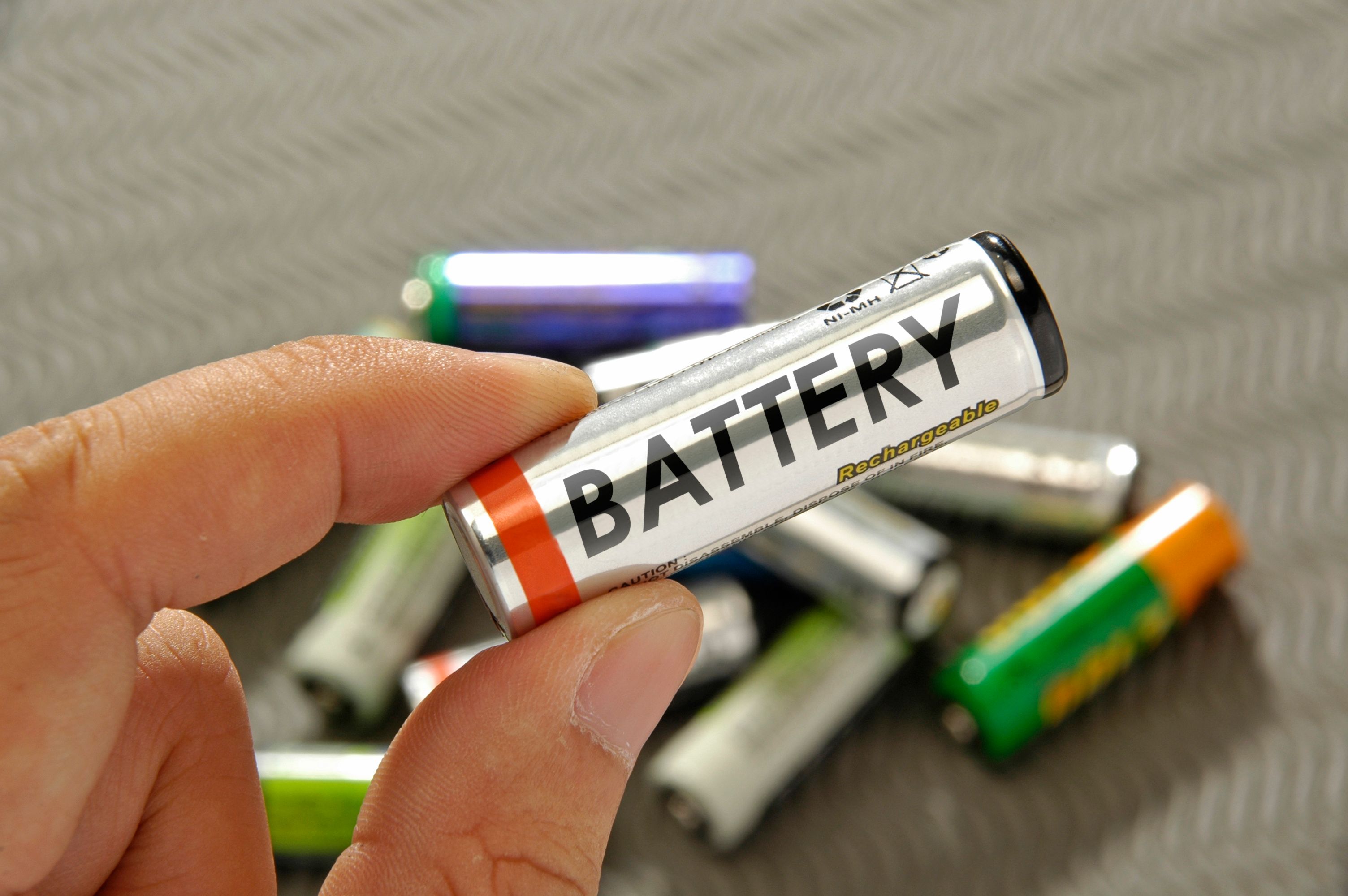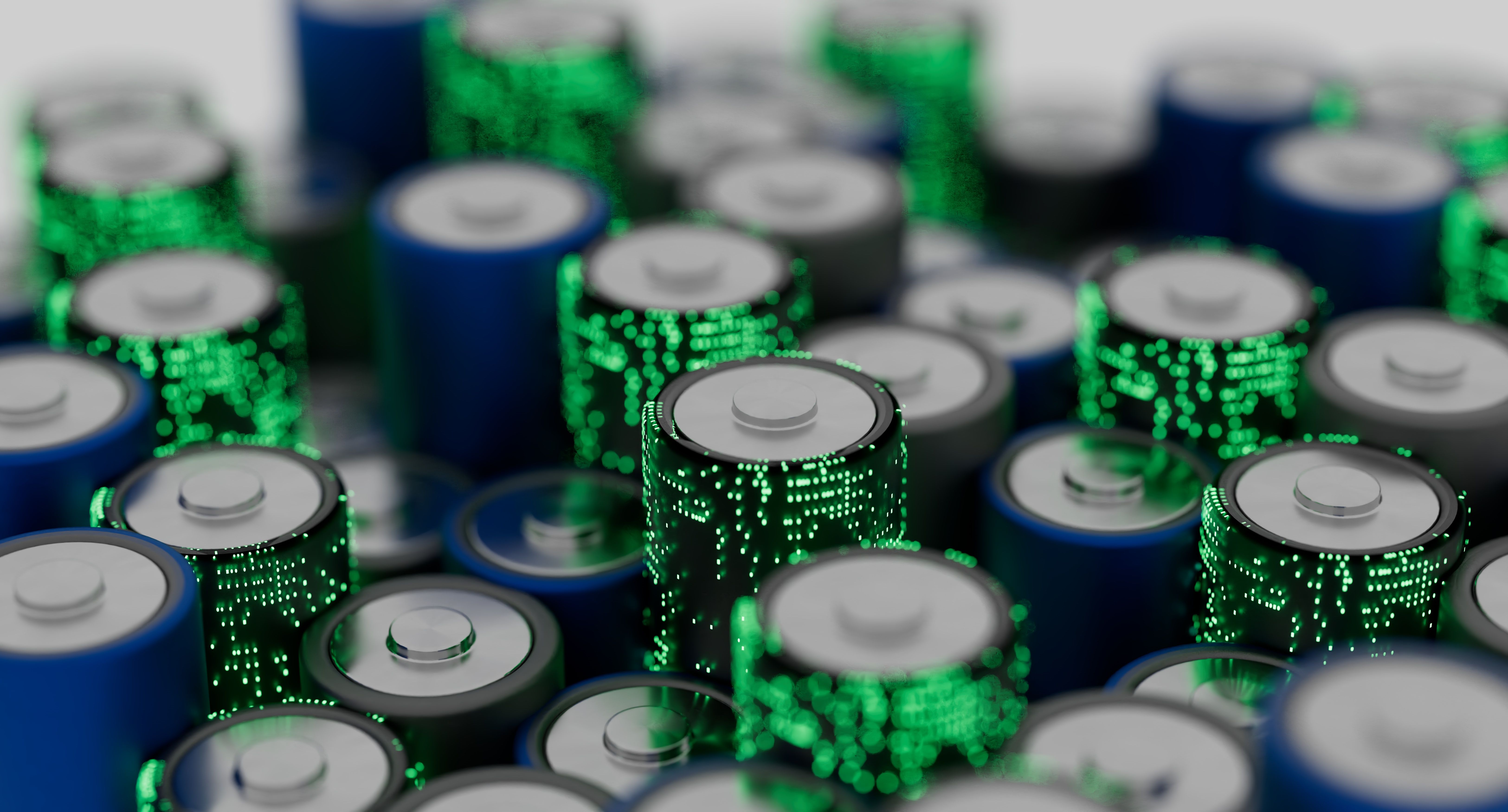Powering Everyday Devices: A Guide to Batteries for Home Equipment
Understanding Battery Basics
Batteries are ubiquitous in our daily lives, powering everything from remote controls to flashlights. Understanding the basics of batteries can help you choose the right one for your home devices. At the most fundamental level, a battery converts chemical energy into electrical energy, enabling electronic devices to function.
There are two main types of batteries: primary and secondary. Primary batteries are single-use and must be disposed of after depletion, while secondary batteries are rechargeable. Common primary battery types include alkaline and lithium, whereas secondary batteries comprise nickel-metal hydride (NiMH) and lithium-ion.
Choosing the Right Battery for Your Device
When selecting a battery, it’s essential to consider the device's energy requirements. Devices like remote controls, clocks, and smoke detectors often use AA or AAA alkaline batteries due to their long shelf life and cost-effectiveness. On the other hand, high-drain devices such as digital cameras or power tools benefit from rechargeable lithium-ion batteries.
Consider the following factors when choosing a battery:
- Voltage: Ensure the battery matches the device's voltage requirement.
- Capacity: Measured in milliampere-hours (mAh), capacity determines how long a battery will last before needing replacement or recharge.
- Size: Ensure compatibility with your device's battery compartment.

Maintaining and Extending Battery Life
Proper maintenance can significantly extend the lifespan of your batteries. For rechargeable batteries, it’s crucial to follow charging instructions specified by the manufacturer. Overcharging can reduce battery efficiency over time. Additionally, storing batteries in a cool, dry place helps maintain their charge and prevents leakage.
Avoid mixing old and new batteries in the same device. This practice can lead to leakage and reduced performance. Also, remove batteries from devices that won’t be used for an extended period to prevent corrosion.

Eco-Friendly Battery Choices
As environmental concerns grow, many consumers are seeking eco-friendly battery options. Rechargeable batteries are inherently more sustainable than single-use ones as they reduce waste. In addition, look for batteries labeled as "low self-discharge," which retain charge longer and reduce the need for frequent recharging.
Proper disposal of batteries is also vital to environmental health. Many communities offer battery recycling programs to prevent hazardous chemicals from entering landfills. Always check local guidelines for safe disposal or recycling options.
Innovations in Battery Technology
The world of battery technology is constantly evolving, with significant advancements aimed at increasing efficiency and sustainability. Innovations like solid-state batteries promise higher energy density and safety, while biodegradable batteries offer an environmentally friendly alternative for disposable options.

Keeping abreast of these developments can help you make informed decisions about powering your home devices efficiently and sustainably. Whether you’re upgrading your gadgets or simply replenishing your supply, understanding battery technology is key to optimizing the performance and longevity of your everyday devices.
Commercial Kitchen Marketplace
Your one-stop online destination for equipping professional kitchens. Discover a wide selection of durable, high-quality commercial-grade appliances, from heavy-duty ovens and refrigeration units to efficient food preparation tools and essential kitchenware. Visit our store: http://avice.org
